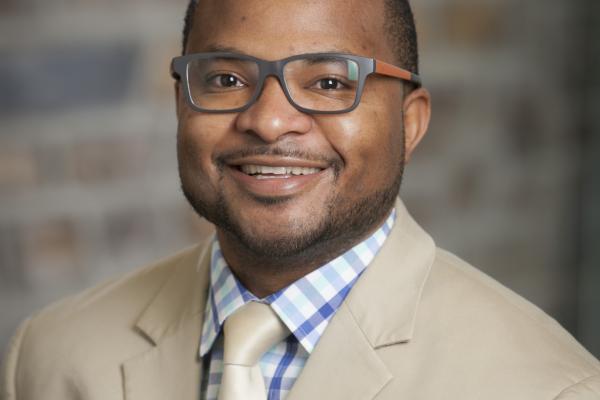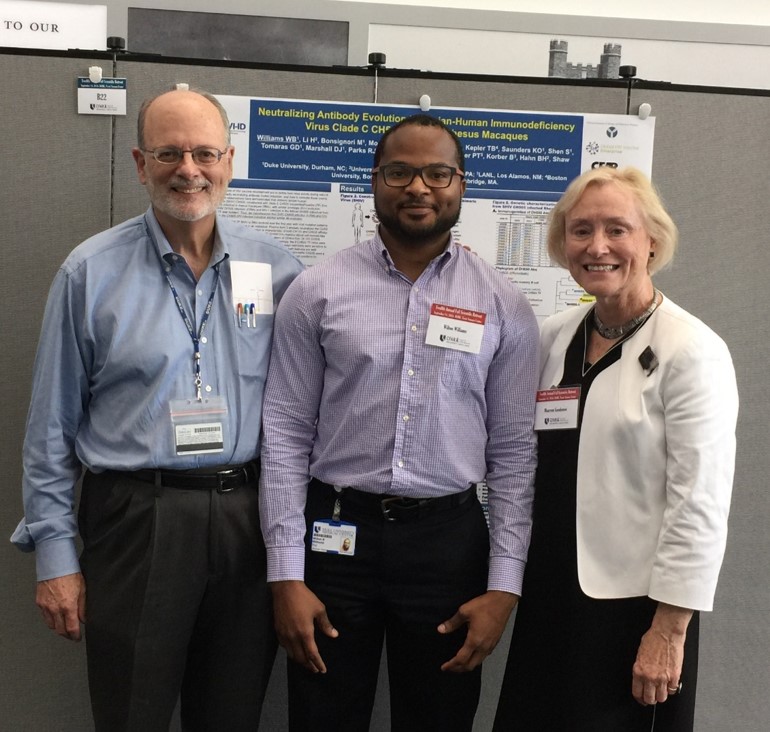
Wilton B. Williams, PhD | Assistant Professor in Medicine
As an underrepresented minority in STEM, I was fortunate to receive tremendous mentorship along my career path. I was blessed to be trained in programs that supported diversity and inclusion, including the University of Florida’s College of Medicine Interdisciplinary Program where I earned my PhD and the Duke Human Vaccine Institute where I pursued my postdoctoral studies. My success is a testament to the commitment of these programs and faculty to support minorities in STEM, and for that I am truly grateful.
My graduate school and postdoctoral studies’ mentors had different mentorship styles, but they always demonstrated an interest in my personal well-being and career development, which cultivated a strong bond with my mentors where we were like family! However, other minorities in STEM were denied the mentorship and support needed to succeed due to racial injustices and inequalities. Thus, I never pass up the opportunity to encourage minorities in STEM, and be the voice of reassurance to stay the course and that they are ‘good enough.’
I believe that peer mentoring is also helpful for minorities in STEM, especially while living in a foreign country and in towns where we are stereotyped or seen as a threat (especially black men) simply because of our race. Peers provide a sense of community that will also foster relationships at every level of your training and professional careers, so I always advise trainees to learn to work with their peers. More importantly, having peers who are unafraid to let you know when you are the problem or can do better is invaluable, and I have benefited from such peer mentorship!
As a Faculty member and Co-Director for the Training and Mentorship Program in the DHVI, I am enthusiastic to offer my support to all trainees such that they can enjoy their training experience in STEM, like I did. With this platform, I also wish to equip trainees, including minorities with the best tools to navigate the socioeconomic and racial challenges that may exist as a barrier to their success.

Pictured: Dr. William with his mentors Barton Haynes, MD, Director of DHVI (Postdoc and current mentor) and Maureen M. Goodenow, PhD, Director of Office of AIDS Research (former PhD mentor at University of Florida). Not pictured: Georgia Tomaras, PhD, Professor of Surgery, Duke (Postdoc mentor).